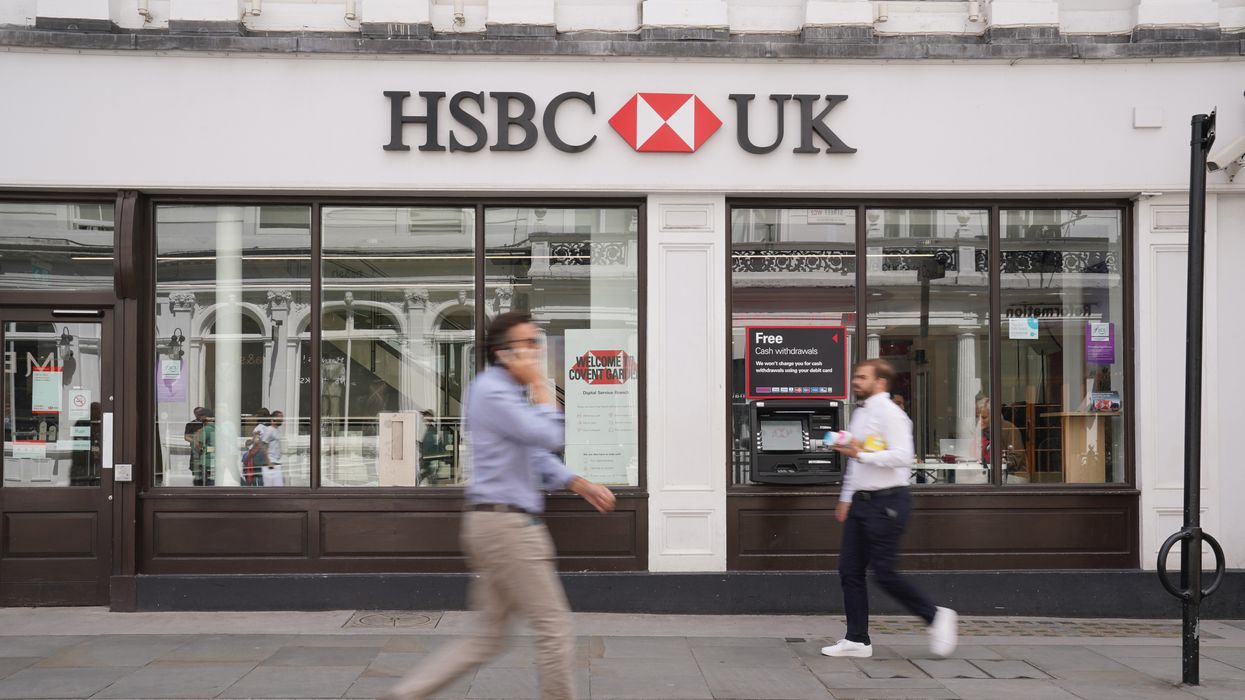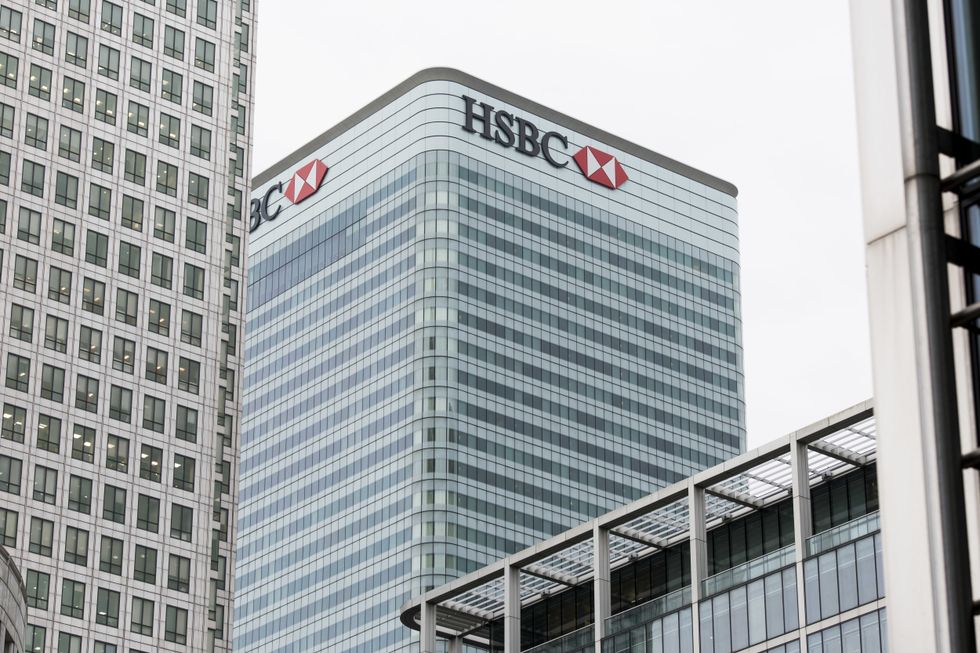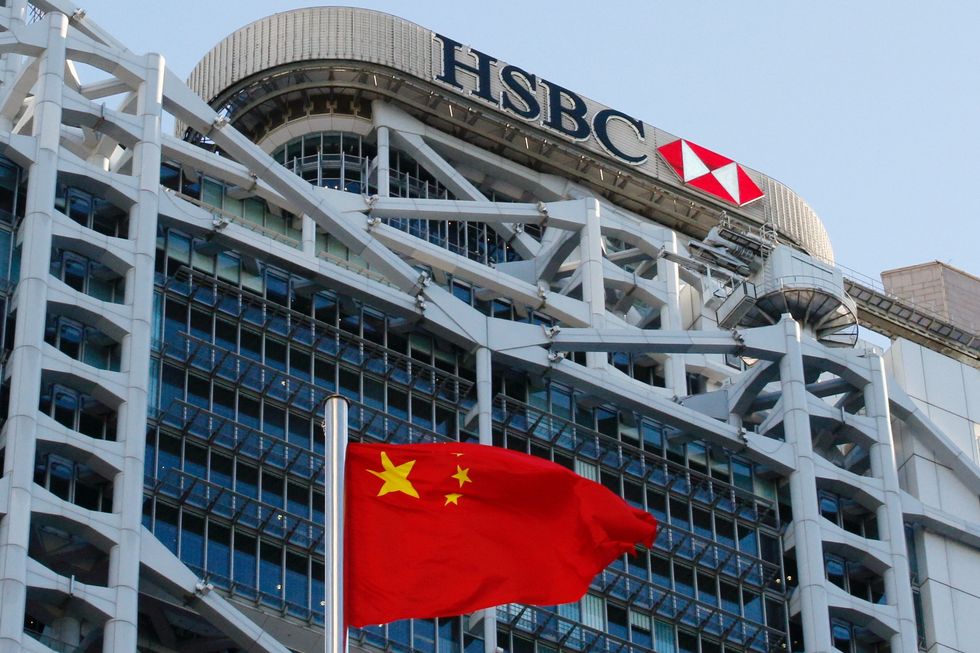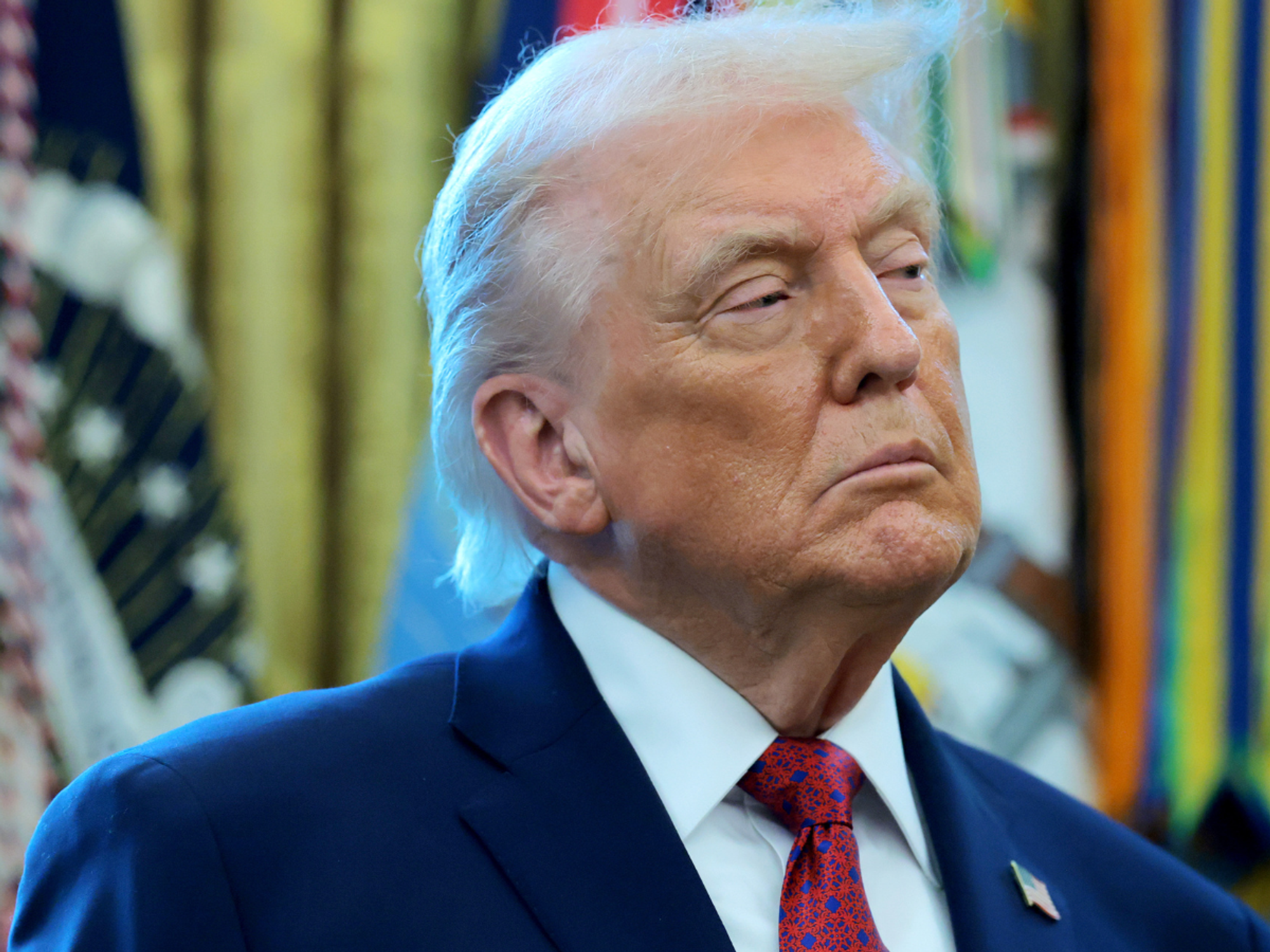HSBC bank chief issues apology over calling UK 'weak'

The London-based firm makes much of its profits from China
|PA

Sir Sherard Cowper-Coles said that Britain should act in its own interests rather than copying the US
Don't Miss
Most Read
A senior HSBC executive has had to apologise after accusing the Government of being “weak” for complying with US demands to toughen its stance on China.
Sir Sherard Cowper-Coles made the jabs at a “private roundtable discussion” where he “shared his personal views”, a HSBC spokesperson said.
Tensions between US and China have continued to worsen in recent years.
HSBC makes much of its profits from Asia, including China.

The former British Ambassador spoke at a private event under Chatham House Rules
|PA
The former British Ambassador said he was speaking at the private event which was under Chatham House Rules, which states that participants in a meeting can speak freely without fear of being named publicly.
At the closed-door meeting, Sir Sherard said that Britain should act in its own interests, rather than following Washington’s lead, Bloomberg first reported.
He gave the example of when Britain banned Chinese telecom brand Huawei from becoming part of its 5G network in 2020.
The brand was first banned from US mobile networks before the UK followed suit.
Over 80 per cent of the UK’s firm profits are generated from outside the UK.
More than half of these international profits come from mainland China and Hong Kong.
The London based bank also depends on the US for its dollar clearing licence, which underpins its huge global trade financing business.
This puts the firm in a difficult position when dealing with authorities in both Beijing and Washington, the world’s two largest economies.
HSBC has been slammed in the past for being too close to the Eastern financial giant.

HSBC HQ in Hong Kong, with the Chinese flag blowing in the wind below it
|Reuters
More specifically, it was blasted for supporting Hong Kong’s National Security Law, which effectively criminalised protesting in the region.
The US and China are at loggerheads, constantly hitting the other with trade restrictions.
In October, the White House announced restrictions on Beijing’s access to advanced computer chip technology.
China then responded by putting restraints on exports of gallium and germanium – two materials extremely crucial to the semiconductor industry.
Meanwhile the popular app TikTok, owned by Chinese firm Bytedance, has been another constant source of strife.










